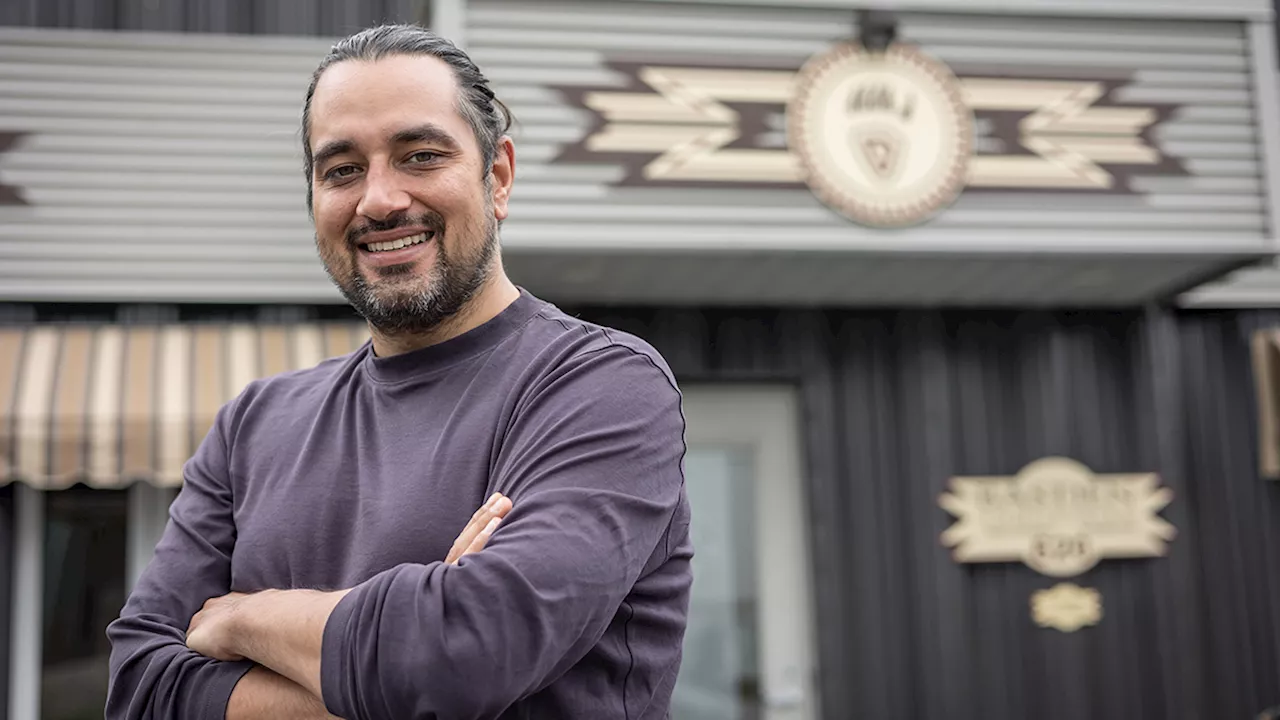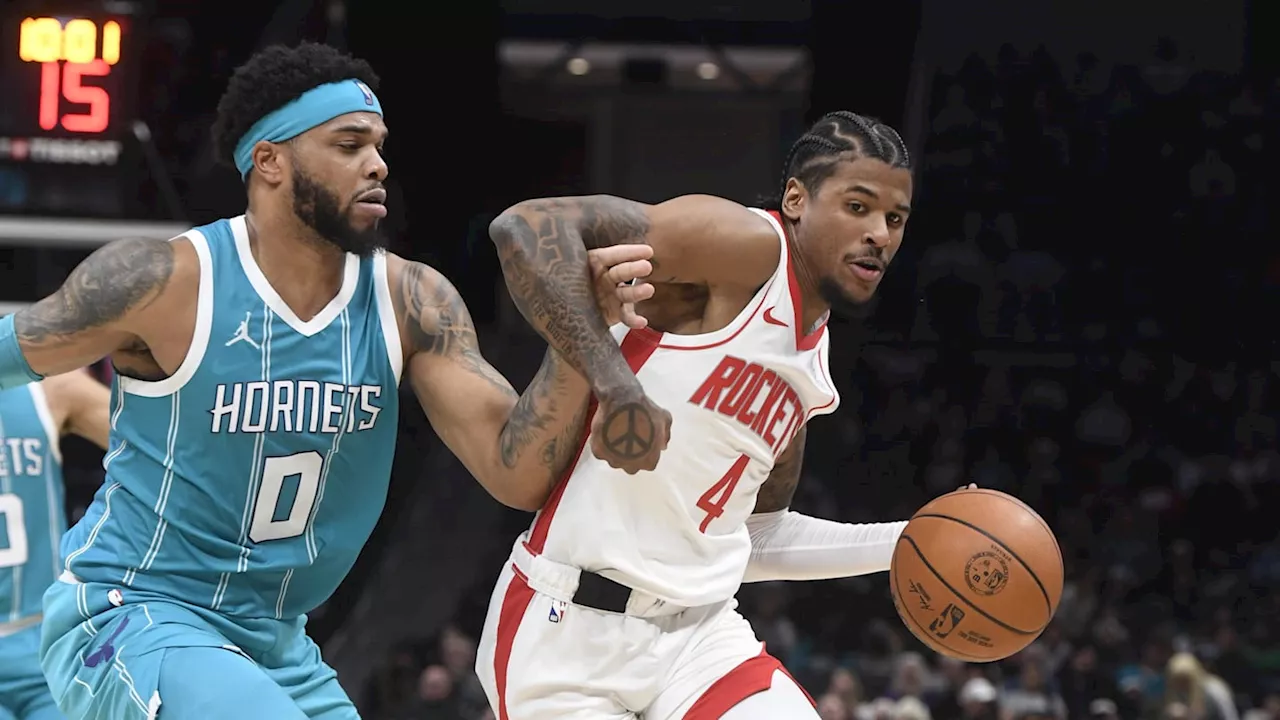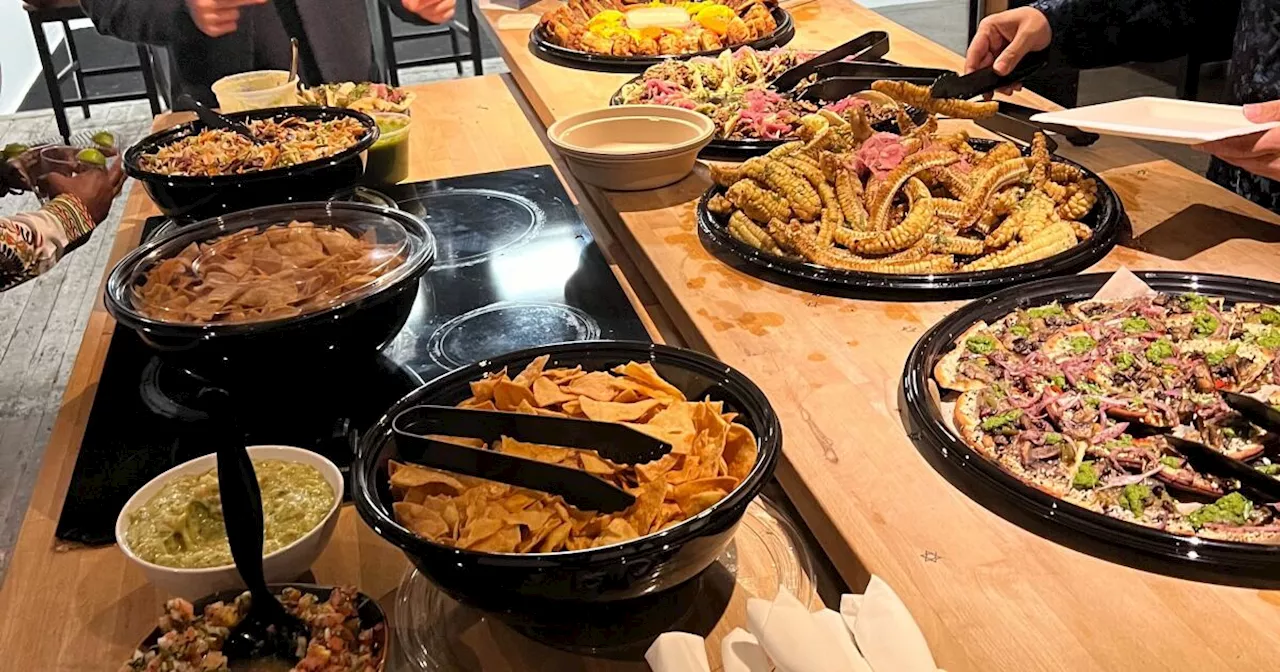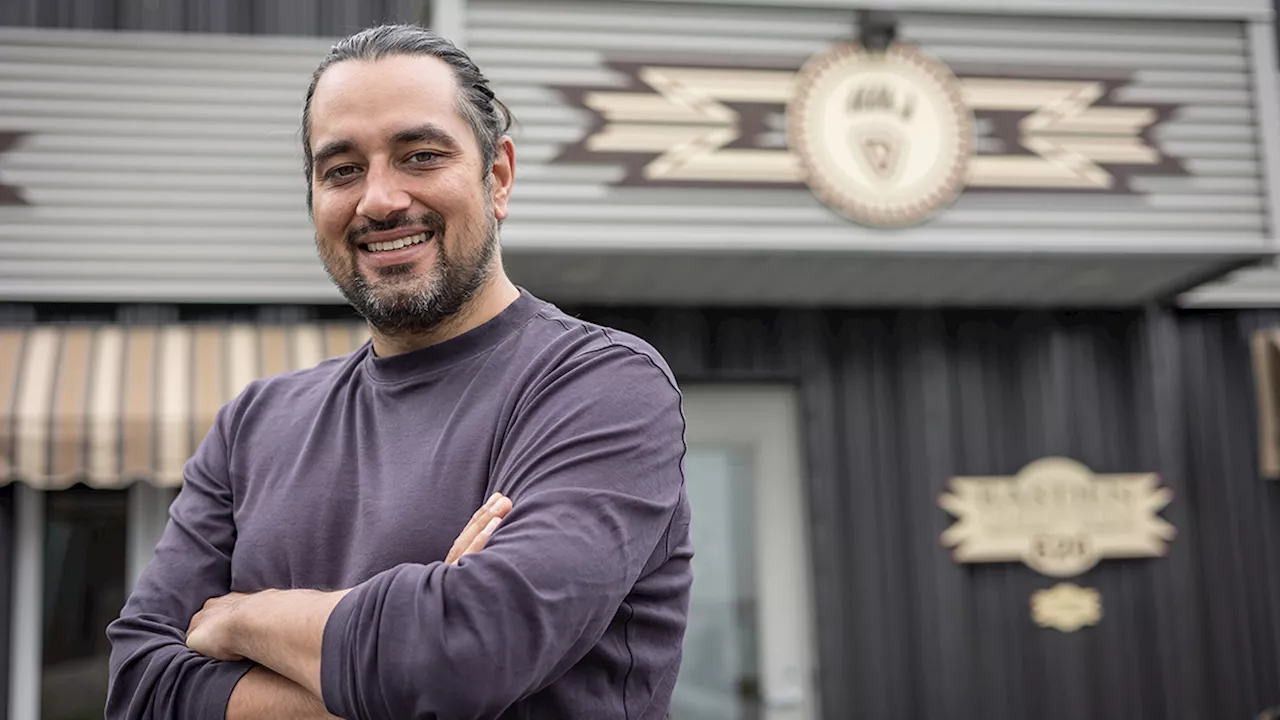This article explores the power of sociocultural sustainability, particularly through partnerships between non-Indigenous businesses and Indigenous communities. It highlights the success story of Bastien Industries, a Wendat-owned business that's expanding its reach while sharing its culture through authentic collaborations.
Business leaders tasked with future-proofing their organizations recognize the need to align their corporate values on sustainability and inclusivity with those of their customers, partners, and employees. An organization's policies on environmental, economic, and sociocultural factors are crucial in determining its growth. Of these three pillars, sociocultural sustainability might pose the most significant challenge to achieve, as it transcends mere economic benefits.
Sociocultural sustainability encompasses practices that prioritize cultural understanding, inclusivity, and community well-being through respectful and mutually beneficial partnerships.For organizations driven by values, forging relationships with Indigenous businesses and communities presents a powerful avenue for creating sociocultural benefits. These relationships can provide substantial social, cultural, and economic support to Indigenous communities, attracting revenue and expanding their reach into new regional and global markets. Simultaneously, they can empower non-Indigenous organizations by unveiling growth strategies rooted in Indigenous insights and perspectives.Sociocultural collaborations are revitalizing one business deeply intertwined with Wendake, an Indigenous community of the Wendat Nation in Québec. For nearly 150 years, Bastien has been a cornerstone of this community. Jason Picard-Binet, a member of the Wendat Nation in Wendake, recalls his grandfather's work at Bastien in the 1930s. When Picard-Binet acquired this family-owned business in 2022, his primary background wasn't in footwear or fashion but in Indigenous tourism. His ambitions for Bastien's future center around the principles of sociocultural sustainability in collaborations with businesses across Canada, the United States, and beyond, ensuring this longstanding Indigenous-owned and operated business flourishes for generations to come.'In the '30s, about 80% of the Wendake community was related to Bastien,' Picard-Binet states. 'It's a big part of our history. And that motivated me to become an entrepreneur and take this business to the next level—bringing it to the fashion world, where it wouldn't be seen as an Indigenous business for tourism but as apparel for everyone.' To this end, Bastien is cultivating relationships with businesses as far afield as Paris, France, and retailers are increasingly stocking Bastien's moccasins in more and more stores in France and across Europe. This surge in demand presents greater opportunities for Bastien Industries and the community members of the Wendat Nation. The more Bastien expands its business, the more it can share the Wendat culture with the world. While moccasins constitute almost its entire product line, Bastien recently partnered with Canada's national tourism organization, to produce luggage tags and passport holders using authentic hide, extending the reach of its products—and Wendat traditions and culture—to destinations as distant as China and Japan. 'If my vision is to move toward the fashion world and larger retailers,' Picard-Binet explains, 'the future and growth of my business really hinge on those partnerships.' If the benefits of sociocultural sustainability flow in both directions, so do the responsibilities. When non-Indigenous organizations collaborate with Indigenous communities and businesses, they must prioritize authenticity by incorporating products crafted by local artisans using their own traditions, authentic materials, and specialized skills rather than simply borrowing—and potentially misinterpreting—Indigenous culture without permission. These partnerships also ensure Indigenous communities receive fair compensation for their work. This distinction separates cultural appreciation, which supports and promotes Indigenous culture, from cultural appropriation, which risks superficial representation and disrespect of cultures, solely for the benefit of the external organization.'The economic impact of cultural appropriation is huge,' Picard-Binet states. When Canada last assessed the impact of cultural appropriation, he says, the revenue Indigenous-owned businesses and artisans lost to appropriation was estimated at $1 billion nationally. 'We employ people from our nation, smaller handcrafters who share our culture and our history, so those partnerships have to go beyond business,' Picard-Binet emphasizes. 'These relationships are primarily cultural because they're truly supporting a whole Indigenous community.' In a truly reciprocal relationship, both partners share some responsibility for educating others about the difference. Non-Indigenous partners seeking to establish values-based relationships should approach these collaborations with openness and respect, taking the initiative to learn Indigenous values and knowledge. This understanding stems from authentic personal connections that extend beyond contract signing. 'Tourism is one of the major economic industries in our community,' Picard-Binet concludes
Sociocultural Sustainability Indigenous Partnerships Business Growth Cultural Appreciation Cultural Appropriation Wendat Nation Bastien Industries
United States Latest News, United States Headlines
Similar News:You can also read news stories similar to this one that we have collected from other news sources.
 Building Bridges: Unity Care Empowers Foster Youth Through Community ConnectionsFoster youth often face a challenging journey marked by instability and disconnection. Unity Care steps in to bridge this gap, creating a supportive network that fosters belonging and empowers these young individuals to thrive. Through mentorship programs, community engagement initiatives, and collaborations with local organizations, Unity Care provides the essential resources and connections that foster youth need to overcome adversity and build a brighter future.
Building Bridges: Unity Care Empowers Foster Youth Through Community ConnectionsFoster youth often face a challenging journey marked by instability and disconnection. Unity Care steps in to bridge this gap, creating a supportive network that fosters belonging and empowers these young individuals to thrive. Through mentorship programs, community engagement initiatives, and collaborations with local organizations, Unity Care provides the essential resources and connections that foster youth need to overcome adversity and build a brighter future.
Read more »
 Building Bridges: How Sociocultural Sustainability Fuels Business Growth and Cultural PreservationThis article explores the increasing emphasis on sociocultural sustainability in business, focusing on its benefits for both Indigenous communities and non-Indigenous organizations. It highlights a case study of Bastien Industries, an Indigenous-owned business in Wendake, Québec, and its success in expanding its reach through partnerships that prioritize cultural understanding and reciprocity.
Building Bridges: How Sociocultural Sustainability Fuels Business Growth and Cultural PreservationThis article explores the increasing emphasis on sociocultural sustainability in business, focusing on its benefits for both Indigenous communities and non-Indigenous organizations. It highlights a case study of Bastien Industries, an Indigenous-owned business in Wendake, Québec, and its success in expanding its reach through partnerships that prioritize cultural understanding and reciprocity.
Read more »
 Young Influencer Bo Loudon Bridges Trump Campaign to Online Men's SpaceBo Loudon, an 18-year-old conservative with ties to Donald Trump's family, is leveraging his online platform to connect the former president with a younger, male audience. Loudon organizes events and interviews with popular streamers like Steven Ross, who has a large following among young men. Using a mix of sports, music, and pop culture, Loudon's content avoids explicit politics but implicitly champions Trump.
Young Influencer Bo Loudon Bridges Trump Campaign to Online Men's SpaceBo Loudon, an 18-year-old conservative with ties to Donald Trump's family, is leveraging his online platform to connect the former president with a younger, male audience. Loudon organizes events and interviews with popular streamers like Steven Ross, who has a large following among young men. Using a mix of sports, music, and pop culture, Loudon's content avoids explicit politics but implicitly champions Trump.
Read more »
 Mikal Bridges easing any concerns that he won't fit with KnicksMikal Bridges saved the Knicks' Christmas, helping lead a rally from an eight-point, fourth-quarter deficit to help New York pull out a 117-114 victory over
Mikal Bridges easing any concerns that he won't fit with KnicksMikal Bridges saved the Knicks' Christmas, helping lead a rally from an eight-point, fourth-quarter deficit to help New York pull out a 117-114 victory over
Read more »
 Bridges Blasts Hornets' Defense After Five-Game Losing StreakMiles Bridges criticizes the Charlotte Hornets' transition defense following a 13-point loss to the Houston Rockets. The Hornets are now on a five-game losing streak and need to improve their defense to turn things around.
Bridges Blasts Hornets' Defense After Five-Game Losing StreakMiles Bridges criticizes the Charlotte Hornets' transition defense following a 13-point loss to the Houston Rockets. The Hornets are now on a five-game losing streak and need to improve their defense to turn things around.
Read more »
 Jewish Latinos Build Bridges Through Food and CommunityJewtina y Co., a nonprofit organization, aims to connect Jewish Latinos with both the Jewish and Latino communities. They celebrate their unique heritage through social gatherings and traditional foods, while also tackling issues of inclusion and belonging.
Jewish Latinos Build Bridges Through Food and CommunityJewtina y Co., a nonprofit organization, aims to connect Jewish Latinos with both the Jewish and Latino communities. They celebrate their unique heritage through social gatherings and traditional foods, while also tackling issues of inclusion and belonging.
Read more »
